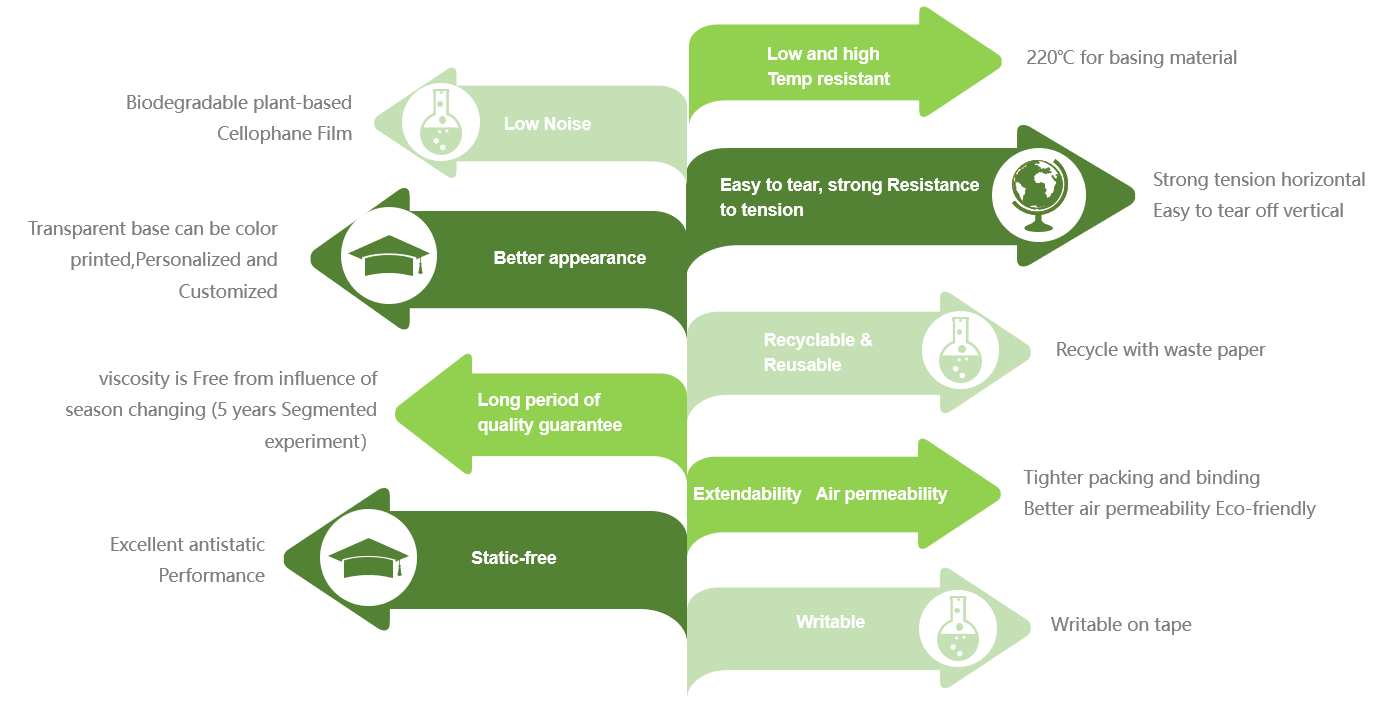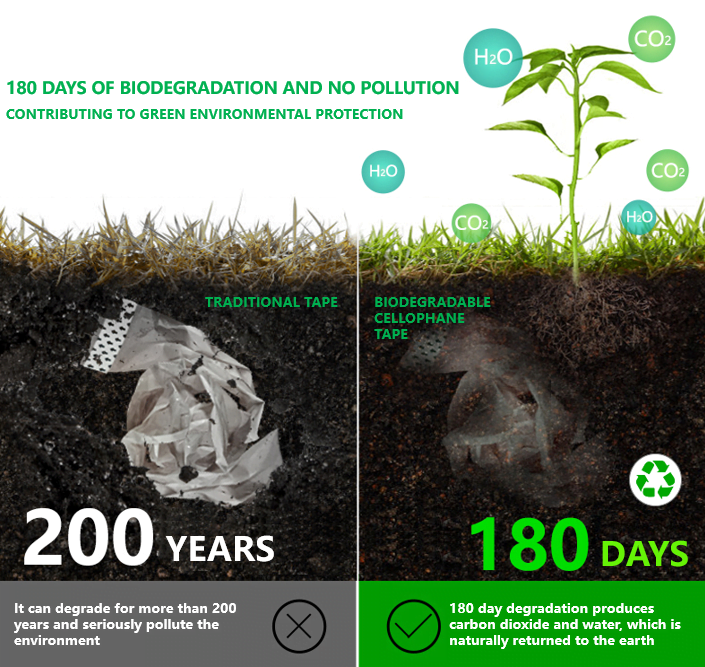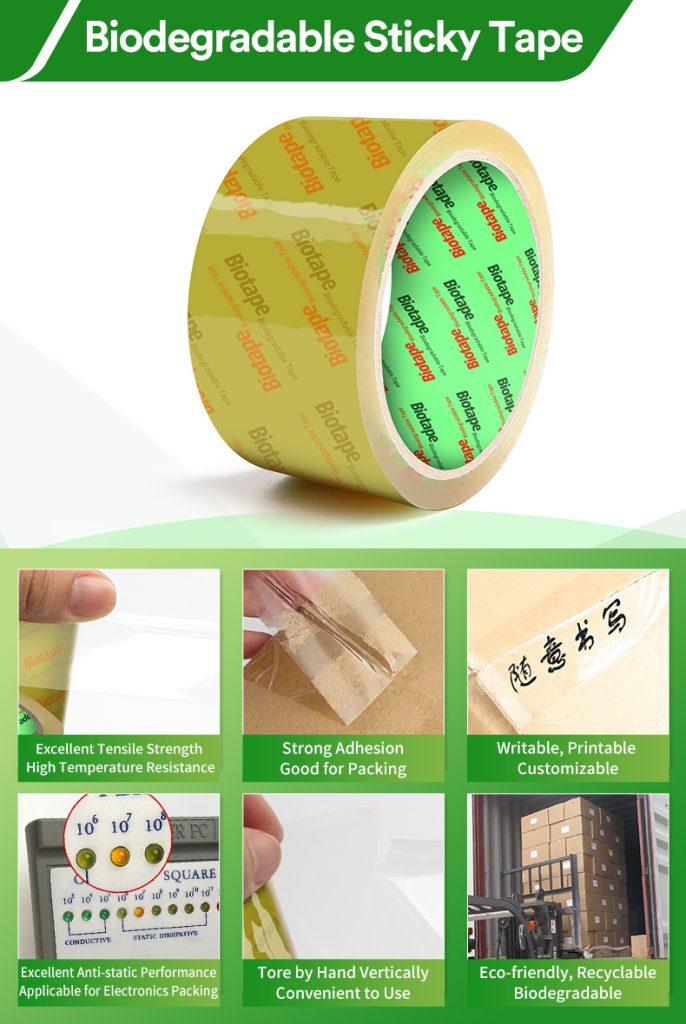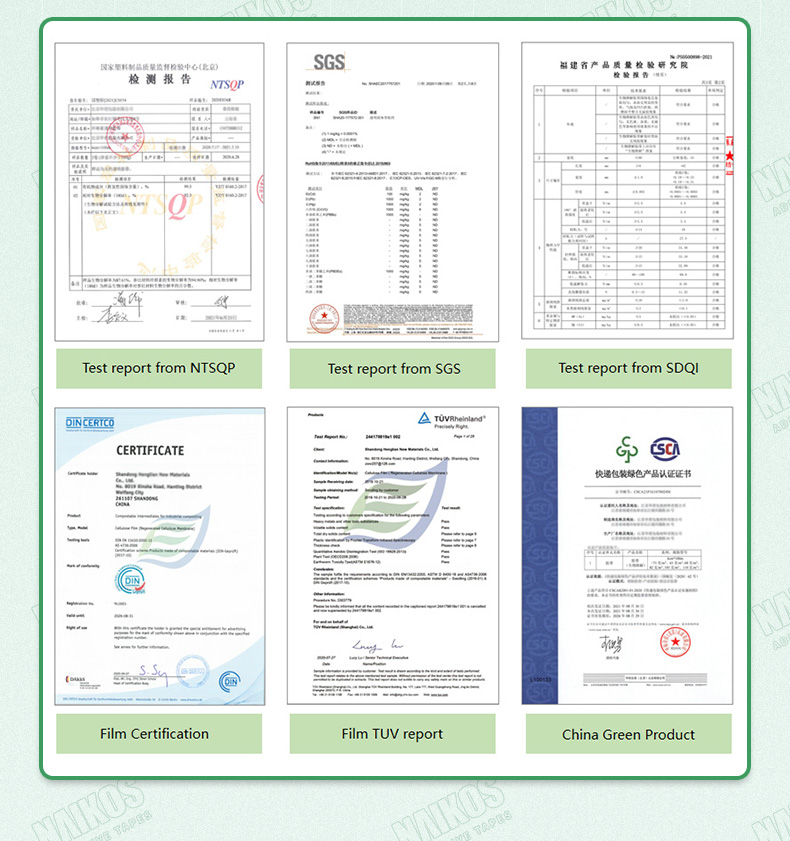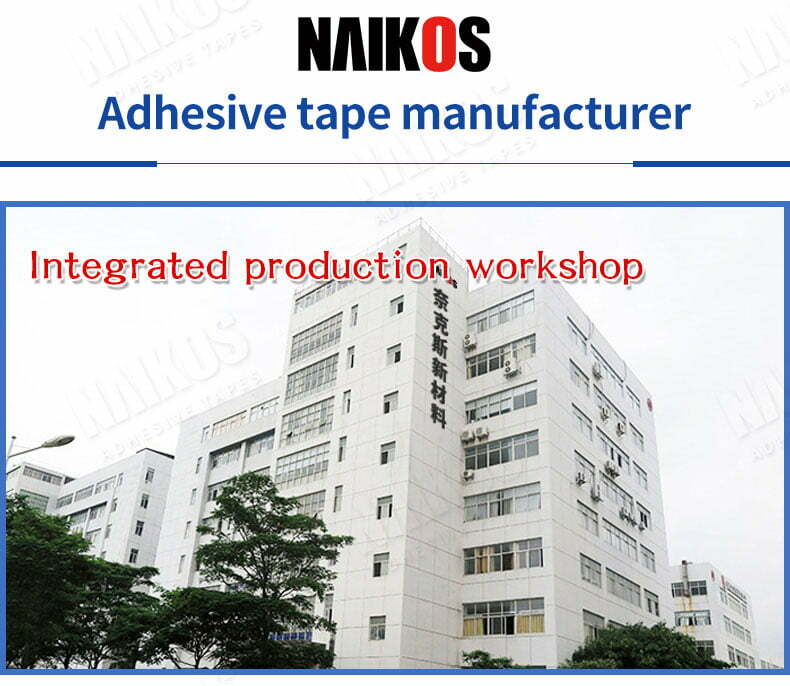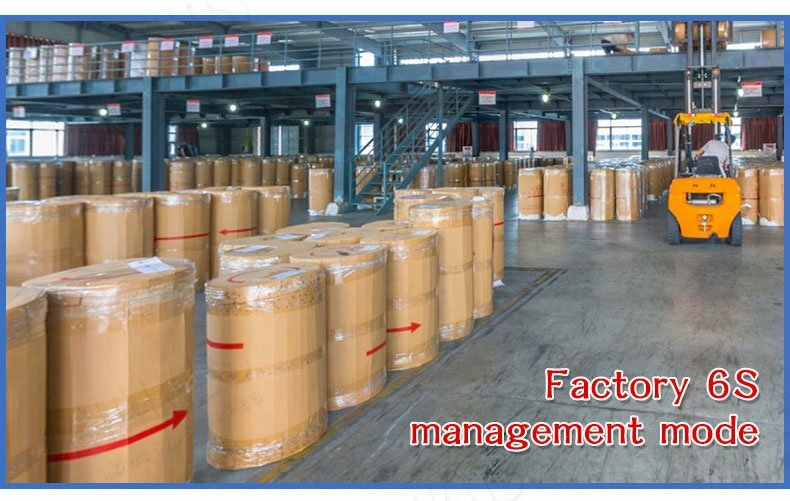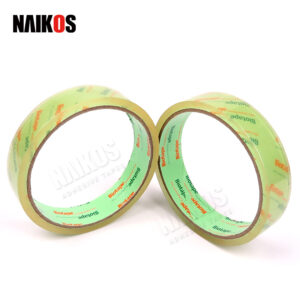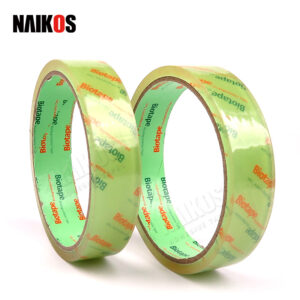Cellulose is one of the most abundant natural resources on the planet, and it has been used for centuries for various applications. Recently, a new use for cellulose has emerged, and that is as a biodegradable tape. This tape is an excellent alternative to traditional plastic tape, which takes hundreds of years to degrade and causes severe environmental problems.
The use of cellulose tape has several advantages over its plastic counterpart. Firstly, it is 100% biodegradable and compostable, which means that it will break down quickly and not harm the environment. Secondly, it is made of natural materials, which are renewable, unlike plastic, which is derived from fossil fuels. Thirdly, it is a versatile tape that can be used for all sorts of applications, such as packaging, labeling, and even for medical uses.
The use of cellulose tape has many applications, and it is being widely adopted in several sectors of the economy. In the packaging industry, for example, cellulose tape has become the go-to tape for many companies that are looking to reduce their carbon footprint. The tape is ideal for sealing boxes and packages, and it provides a strong seal that is just as effective as plastic tape.
A application area for cellulose tape is in the food industry. Plastic tape is a severe problem in this industry, as it can contaminate the food it comes into contact with. In contrast, cellulose tape is a safe and sustainable alternative that provides a secure seal without the risk of contamination.
Cellulose tape is also used in many other industries, such as construction, automotive, and agriculture. In each of these industries, the use of cellulose tape is helping to reduce waste and promote sustainability.
The application of cellulose biodegradable tape has enormous benefits for the environment and various economic sectors. As more and more companies look for sustainable alternatives to traditional plastic products, cellulose tape is becoming increasingly popular. Its versatility, biodegradability, and sustainability make it an ideal replacement for plastic tape, and it is expected to become even more essential as we move towards a more sustainable future.
